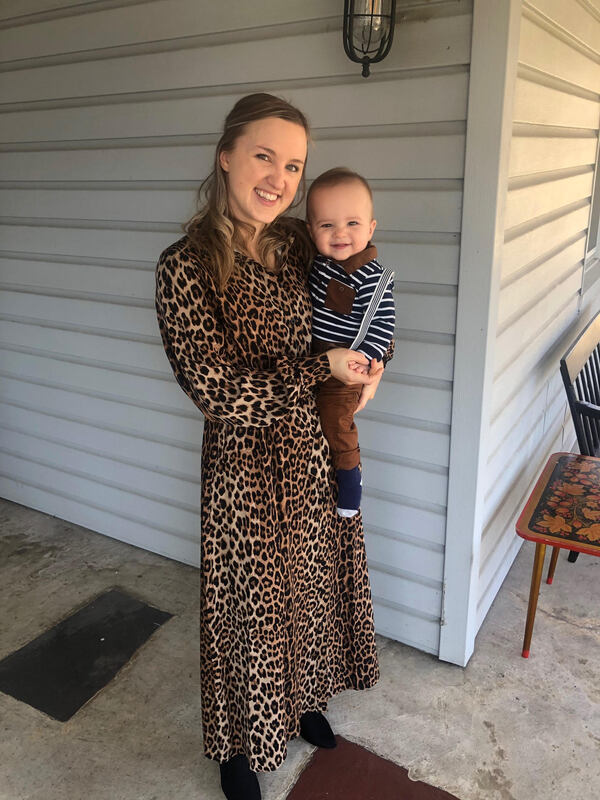|
Is the German language dying? With so many anglicisms in German, will the language eventually be overthrown by English? Die Prinzen have already sung about the many anglicisms in German in their song, "Be Cool Speak Deutsch." English is Everywhere English is everywhere: in industries like transportation, technology, and food, many of the most prominent buzzwords are borrowed from English. Therefore, many Germans can’t avoid speaking some amount of English in their daily lives. This causes many others to suggest that the German language is dying, and will eventually be overthrown by English. This opinion, however, is not valid - the language is simply in a state of constant change. So, the German language is not dying. Much too many people speak German as a native language, and the fact that it’s an Indoeuropean language makes it less likely to die out. It’s also important to note that foreign influences on German are nothing new. Many Germans use English words to sound cool and chic - English-speaking languages drive pop culture and social media, and by using English, Germans feel more connected to the stylish people on TV and the radio. But this doesn’t mean one should fear an overthrow of German by English, because even though Germans often use them, English words don’t completely replace their German counterparts. According to MIller, anglicisms allow for new nuances in the German language. “An ‘event’ can’t exactly replace an ‘Ereignis,’ ‘job’ and ‘Arbeit’ don’t mean the same thing, and one can’t always substitute ‘Kinder’ with ‘kids.’” - Miller Right, so the language isn’t dying, but it has definitely changed. According to Thomas Steinfeld, German is an invention of the late 1800s. Poets, philosophers and scholars tried to create a newer and simpler German. They were successful: they created a language that became intertwined with philosophy, science, and mathematics. But this connection also gave the language a sense of antiquity, which would later be avoided by those who spoke it. That’s why German has changed in many shapes and forms. Most noticeable is the use of the cases, which are often switched or even left out. But these changes don’t represent a deterioration of the language or the laziness of the younger generation, but rather a language that relies less and less on grammar in order to express something. We are All So Connected Language change also depends on immigration: because of the “mistakes” made by immigrants, it’s now more acceptable to say „er ist mehr klein“ instead of „er ist kleiner,” and to switch around word order, for example, to say „er kommt nicht, weil er ist krank.“ But again, that’s not a sign that the language is in decline, but a representation of how Germany is changing as a society. In fact, there’s already a name for this mixed language: Kiezdeutsch. What is Kiezdeutsch? In Kiezdeutsch, words from other languages, like Turkish, are mixed with German. Hinrichs believes that the most influential motivators of language change are immigration, contact between languages, and multilingualism. If that’s true, then we can expect a lot more change in the future. Today, 69 languages are registered in Germany. Multilingualism is nothing new in Germany, and it will always be a part of life. With the new wave of immigration, we can expect to see more change in the language. And that’s a good thing: with changes in the ethnic makeup of the society comes a chance to learn from others while learning about ourselves. This societal change manifests itself in many ways, and of course, language is one of them. Changes in language are tied to language contact and immigration, and in our world, one that is always becoming more and more connected, one can expect that the German language will become simpler, but that doesn’t mean that it will die out. “Languages change because society changes. If we want to stop or control one, we have to do the same with the other.“ - David Crystal The language of Goethe is not the same language that’s spoken today. The reasons for language change are aplenty, but an influential one is language contact and the many immigrants who now live in Germany, who make their own mark on the German language in order to make it their own. If one sees these changes, both in the language and in society, as progress and not detriments, the reality of the situation becomes clearer: change is good for everyone, both immigrants and Germans included. In the end, it all depends on how one chooses to see it: either as a chance for us all to become more connected, or something over which to aggravate one’s self. Languages are constantly changing, but without its long and historical evolution, the German language would not be what it is today. She who loves her language must also be thankful for how it’s changed. To see this post in German, click here. AuthorStephanie Songer is a junior at Temple University and Speak at Home Tonight's summer intern. Steph is majoring in linguistics and German.
3 Comments
Real Mayer
3/29/2020 07:27:48 pm
Bulshit
Reply
Eduardo
8/7/2021 12:08:17 am
This is politically correct propaganda. Vomit at home tonight
Reply
Brian
11/5/2021 11:28:15 pm
Utter tripe!
Reply
Leave a Reply. |
Details
Nikki PršaPolish-American Polyglot, Language Expert, German Teacher, M.Ed., married to my dream guy, the Croatian Sensation. Let's connect! Archives
May 2020
Categories
All
DISCLOSUREI aim to provide as much free content as possible to help teach others around the world how to speak another language. I am trying out using affiliate links, which means that I may earn a tiny commission if you click on a link or make a purchase through a link posted here. All opinions and materials are my own, unless otherwise stated. If you use and like my materials, let me know! :)
|



 RSS Feed
RSS Feed